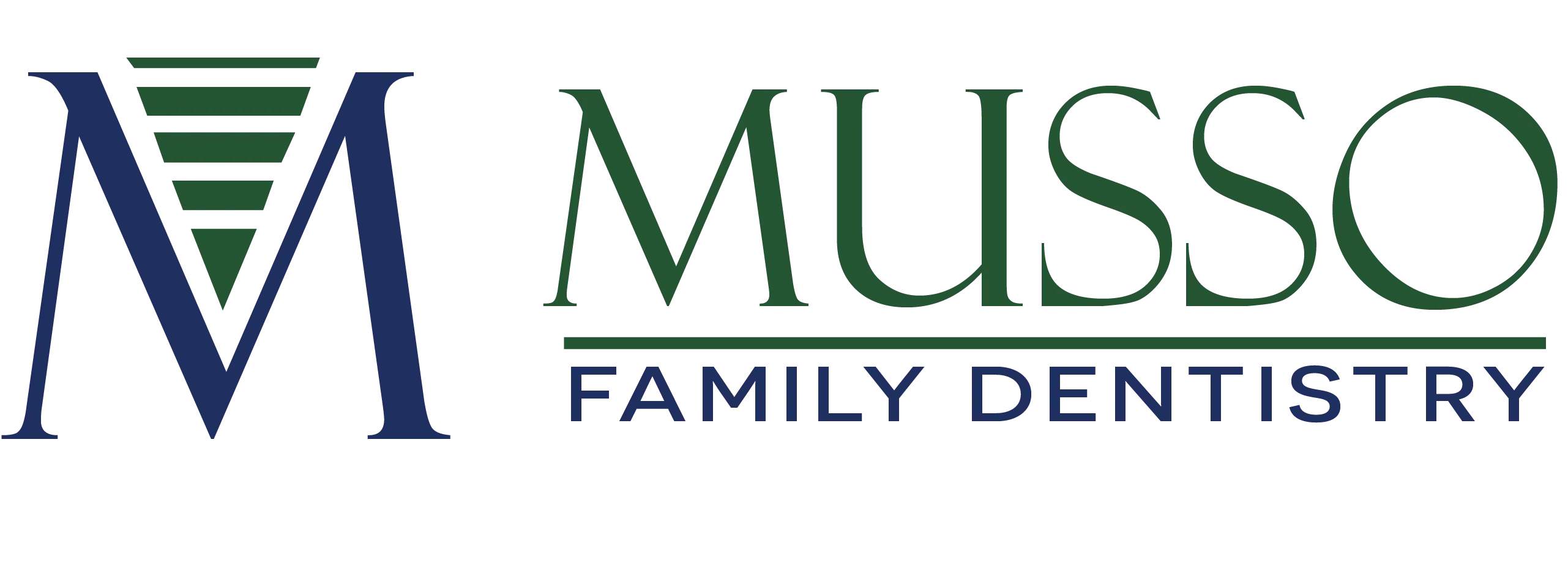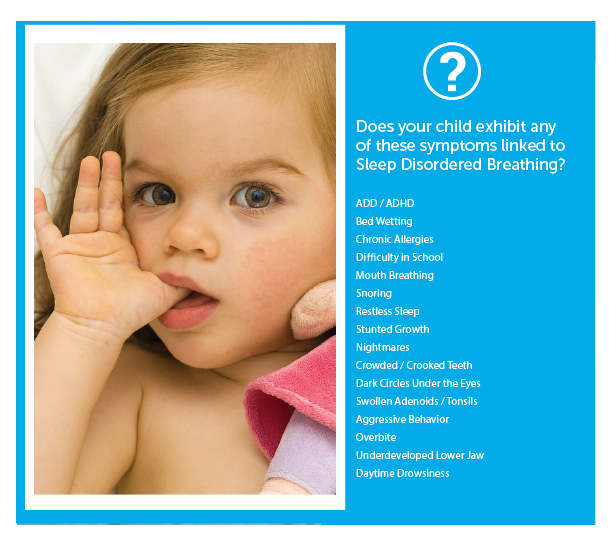Sleeping and Your Health

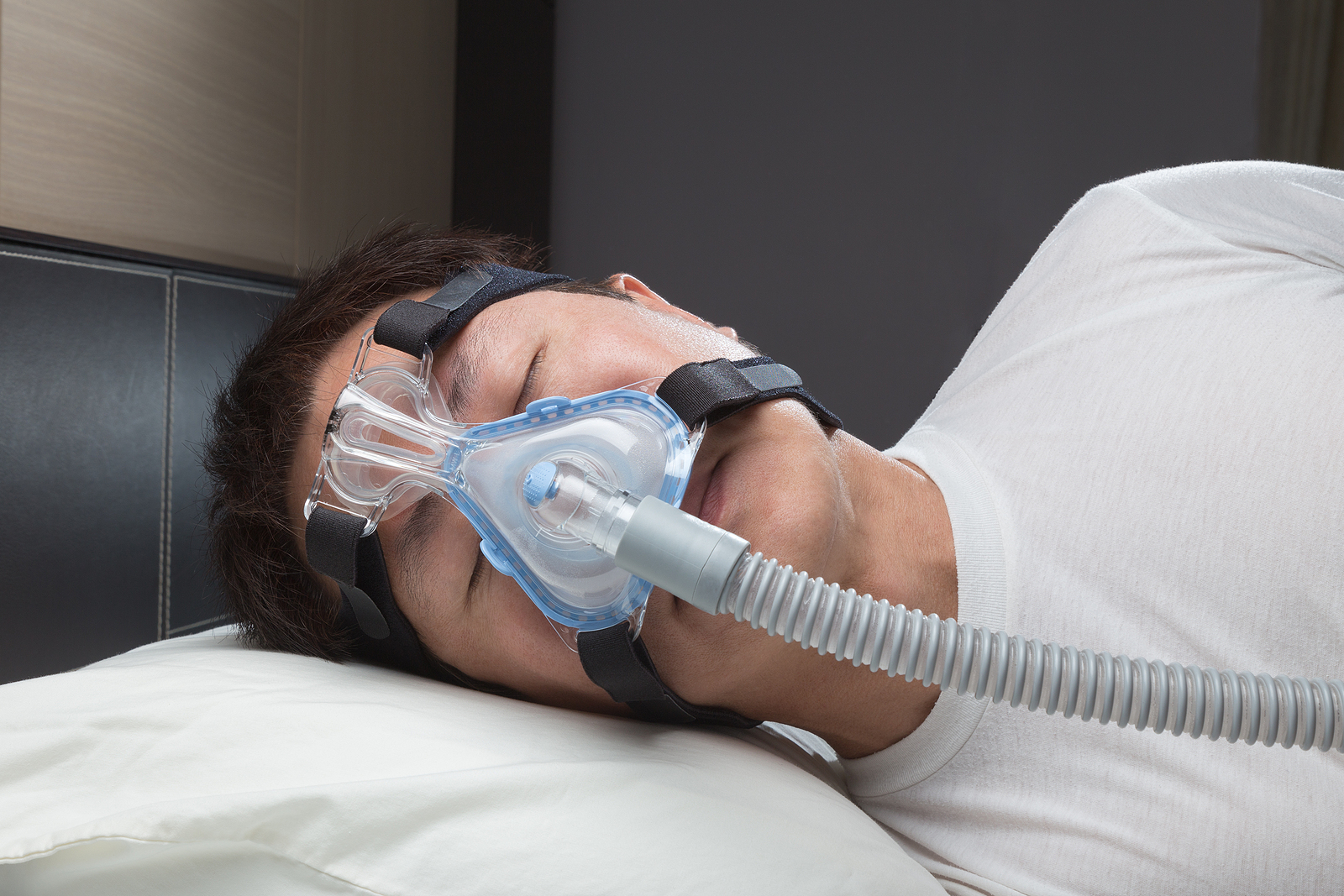

The majority of people who suffer from sleep apnea have not even heard of the condition, and perhaps as many as 90% of the 12 million or more Americans who have it are undiagnosed. If you suffer from daytime sleepiness, can never seem to get enough sleep, have depression or another mood disorder, or have been diagnosed with cardiovascular conditions like high blood pressure or coronary artery disease, you may have sleep apnea.
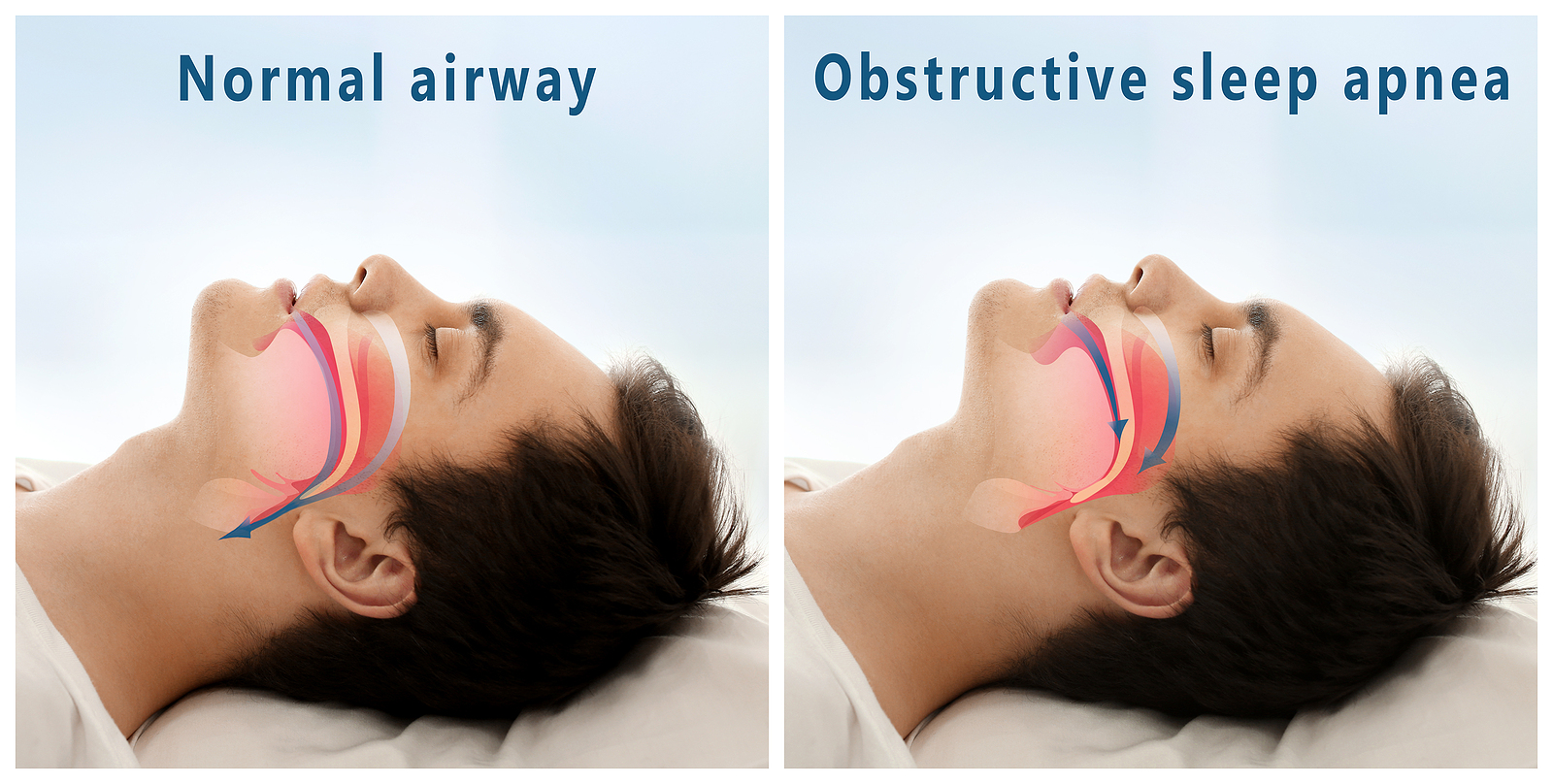
Part of the reason why so many sleep apnea sufferers go undiagnosed is that the symptoms may seem to be associated with many different conditions or may be dismissed by people altogether. Symptoms may include:
- Snoring
- Morning headaches
- Dry mouth and throat irritation
- Daytime sleepiness
- Chronic fatigue
- Loss of motivation
- Difficulty concentrating
- Memory problems
- Weight gain or difficulty losing weight
Sleep apnea is a sleep
disorder that causes you to periodically stop breathing while you sleep.
This condition can lead to several serious health problems if left
untreated. Dr. Mike Musso, the General Dentist, and Dr. Mark Musso, the General Dentist, can provide
appliances and devices to manage
sleep apnea
and allow you to rest better at night. For more information about sleep
apnea therapy in Garland, Texas, and to make your appointment with our
experienced dentists, please call Musso Family Dentistry at
(972) 840-8477.
Children and Sleep-Disordered Breathing
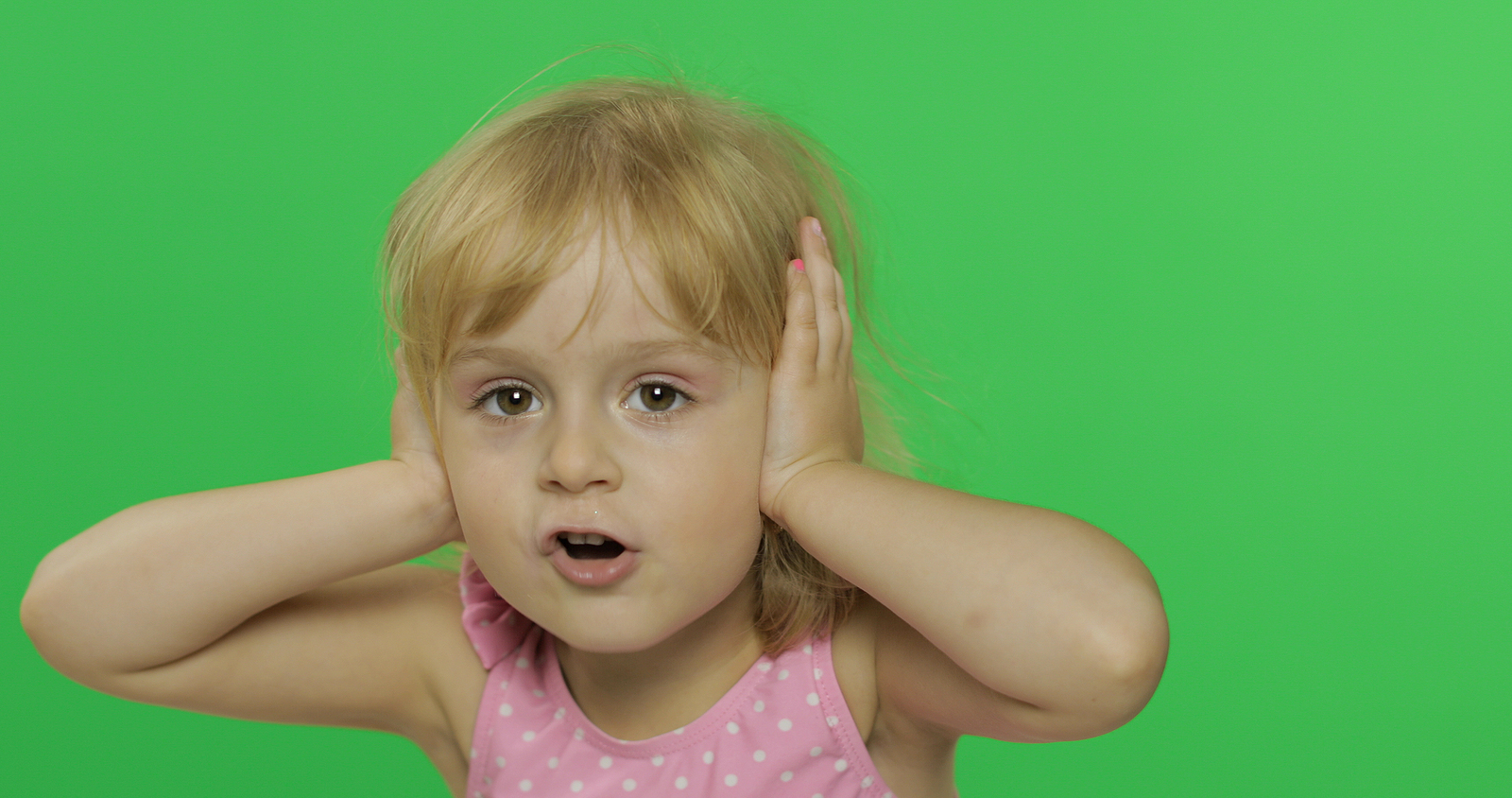


Only in the last 20 years has research established the connection between certain common childhood health issues and a single likely root: sleep-disordered breathing (SDB)Only in the last 20 years has research established the connection between certain common childhood health issues and a single likely root: sleep-disordered breathing (SDB)
Here at Musso Family Dentistry, Dr. Mike Musso and Dr. Mark Musso are excited to offer different options to help each member of your family breathe easy and sleep well. Contact us at (972) 840-8477 to learn more about sleep dentistry in Garland, Texas, today. Our dentists and team are excited to care for you.
The symptoms associated with SDB can vary from one child to the next, but even mild SDB (mouth breathing, crowded teeth, snoring) can point to serious underlying health issues and the need for treatment.
The research is clear — SDB is the underlying condition that often gives rise to many childhood health issues.
Children with wide, forward dental arches who breathe through their noses sleep better, and children who sleep better perform better in school, behave better, and experience fewer health issues. Unfortunately, childhood sleep disorders are becoming far more prevalent among our youth, and far too many parents and healthcare providers are unaware of the dire consequences.
Bedwetting and Your Child’s Dental Development. How Are They Connected?

Bedwetting can be caused by a compromised airway, which can lead to sleep-disordered breathing (SDB). Over just the past 20 years, compelling research from around the world has forged important links between SDB and certain childhood health issues that plague as many as 9 out of 10 children.
The Importance of Your Child’s Airway: What Are the Side Effects of a Compromised Airway?
The central issue for many children suffering from the effects of SDB is a compromised airway. When a child’s airway is narrow, underdeveloped, or constricted in any way, the child will struggle to get enough oxygen at night and may resort to mouth breathing. Bringing the upper and lower jaws forward while making them wider can help open up the airway of a growing child.
The Dangers of Mouth Breathing: Why Is It a Problem?
Mouth breathing is different from nasal breathing and often leads to further compromises in the airway. Mouth breathing is often cited as a contributing factor in a compromised airway and in patients who require orthodontic treatment. It can also prevent the proper function of the tongue and other orofacial muscles children need to speak, swallow, chew, and function. Mouth breathing can also cause the delicate tissues of the tonsils and adenoids to swell and become enlarged, which can further restrict the airway and thus perpetuate the cycle of needing to mouth breathe.
“We believe the elimination of oral breathing, i.e., restoration of nasal breathing during wake and sleep, may be the only valid ‘finish line’ in pediatric sleep-disordered breathing.” — C. Guilleminault, S. Sullivan, 2014, Stanford University
The Dental Connection
Many young children with SDB have dental arches that are underdeveloped, narrow, and positioned too far back. A normal human profile should have the lips and chin positioned well in front of the eyes with a strong jawline. Unfortunately, in most cases, such growth and development does not happen on its own.
In our modern world of limited breastfeeding and soft, processed foods, far too many of our children are simply not developing fully in their lower facial areas. If allowed to persist during their formative early years, this condition prevents the proper growth and development of a child’s airway.
Early Treatment Is Critical
If these abnormal conditions are left untreated in children, by the time they are fully grown, there is little that can be done to correct them.
All too often, teeth become overly crowded, and extractions are prescribed, followed by years of braces. Eventually, many of these children will grow into adults with SDB, who may eventually require CPAP machines to obtain the oxygen they need at night — all because their airways were never allowed to fully develop.
By expanding the anatomy of the upper and lower jaws, the airway can expand and develop to its full potential. If treatment intervention occurs during a child’s critical growing years, many of the symptoms associated with SDB diminish or simply disappear.
Does Your Child Exhibit Any of the Symptoms Linked to Sleep-Disordered Breathing?
Symptoms of sleep-disordered breathing include:
CALL TODAY FOR A HEALTHY
SMILE, HEALTHY LIFE
Visit Our Office
Office Hours
- MON7:00 am - 4:30 pm
- TUE7:00 am - 4:30 pm
- WED7:00 am - 4:30 pm
- THU7:00 am - 4:30 pm
- FRIClosed
- SATClosed
- SUNClosed
